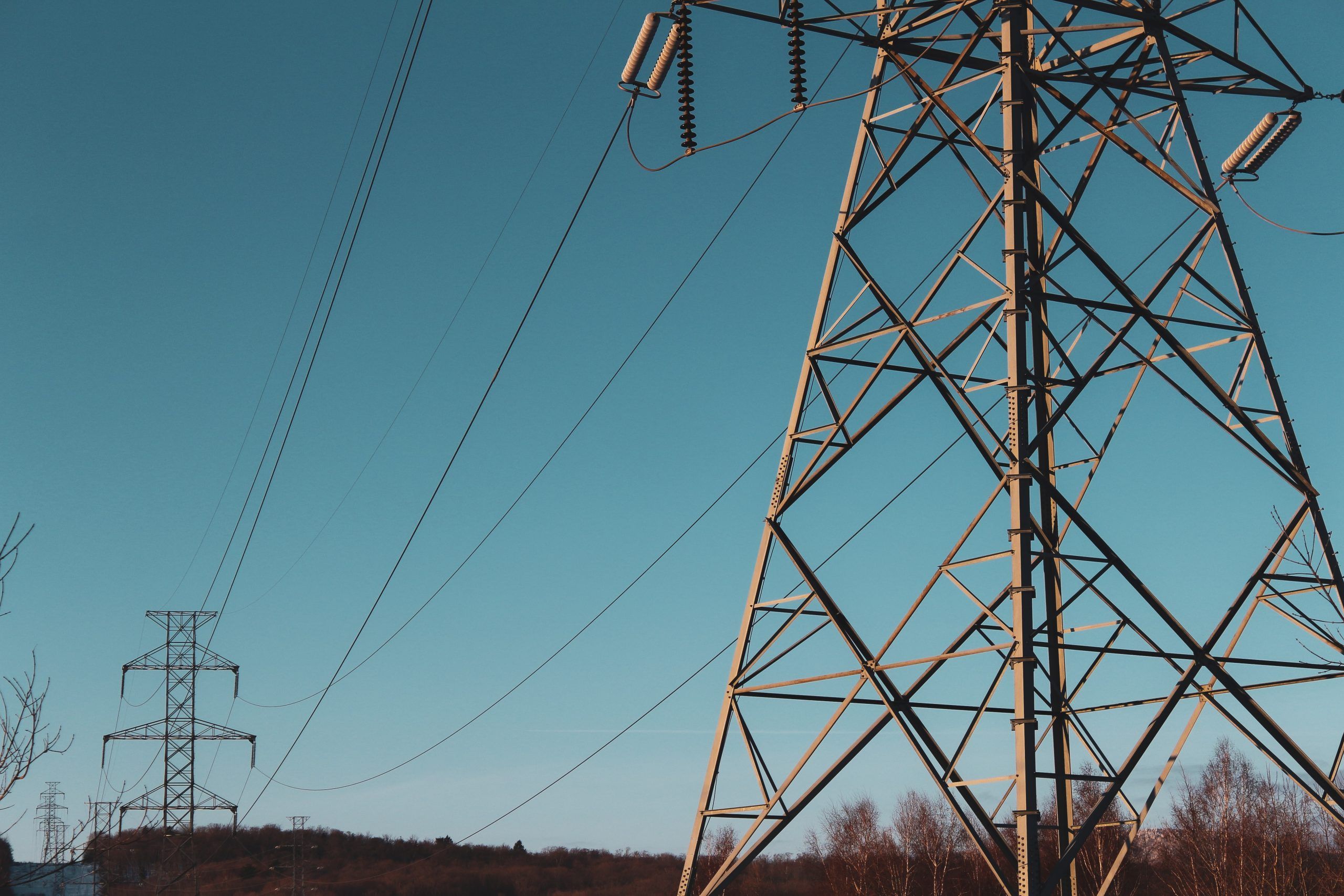The Council and the Parliament reached a provisional political agreement on the directive to establish common rules for the internal markets in renewable and natural gases and in hydrogen.
The directive seeks to facilitate the penetration of renewable and low-carbon gases into the energy system, enabling a shift from natural gas, with a view to reaching the EU’s goal of climate neutrality in 2050.
The directive is part of the hydrogen and gas markets decarbonisation package, which also includes a regulation. Both the directive and the regulation are part of the Fit for 55 package, and they aim to create a regulatory framework for dedicated hydrogen infrastructure and markets and integrated network planning. They also set rules for consumer protection and strengthen security of supply. The remaining part of the gas package will be agreed by the Council and the Parliament at a later stage.
Amendments to the directive agreed by Council and Parliament
The Council and the Parliament agreed on the split between Transmission System Operators (TSOs) and Distribution System Operators (DSOs) for hydrogen.
As for the protection of vulnerable groups, member states must ensure that the right to switch supplier or market participant is granted to customers in a non-discriminatory manner in terms of cost, effort and time. The provisional agreement provides arrangements on how disconnections could take place, in order to protect customers from the future decommissioning of the gas network or its repurposing to hydrogen. Appropriate organisations need to be consulted, the customer needs to be informed in advance, and the specific needs of vulnerable customers will be taken into account.
Member states have the power to decide how to protect vulnerable customers from disconnections and to decide on how best to support them.
Finally, the provisional agreement provides for increased coordination between network development plans for hydrogen, electricity and natural gas. Network development plans will be built on sector integration, the ‘energy efficiency first’ principle and prioritising the use of hydrogen in hard-to-decarbonise sectors.

Council of the European Union agrees on stricter standards for energy efficiency of buildings |
Next steps
The provisional agreement reached today with the European Parliament now needs to be endorsed and formally adopted by both institutions.
More information: European Council







Leave a Reply